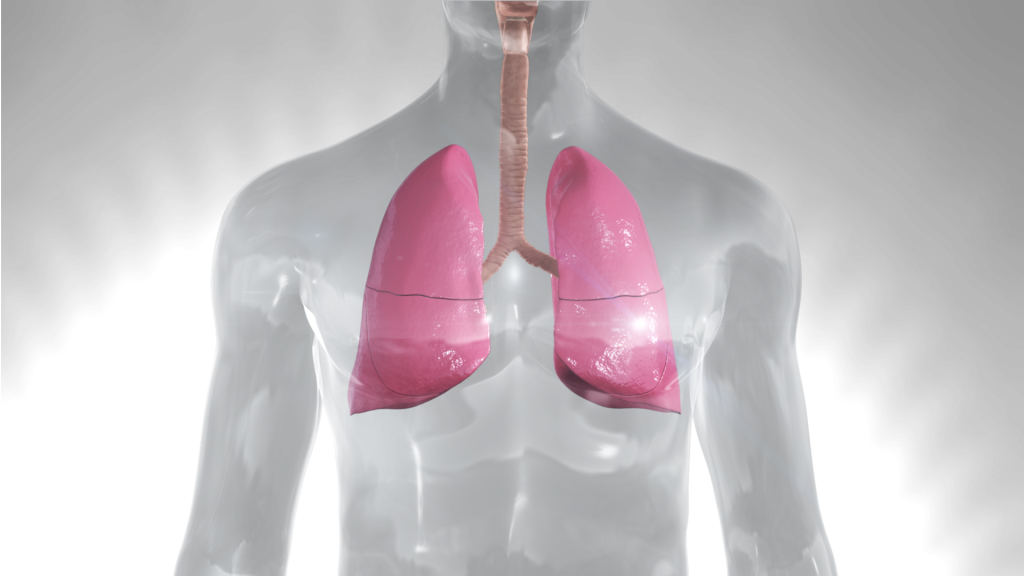A newly-published report from the American Academy of Pediatrics says that purifying indoor air may help children with asthma avoid attacks and indicates that reducing exposure to pollutants and allergens may be as effective as medications in controlling the respiratory disease. Over 235 million children, women and men around the world suffer asthma, a disease that can leave sufferers struggling to breathe and unable to speak or ask for help.
What can trigger a kids asthma attack?
- Smoke
- Exposure to allergens (such as animal dander, dust mites or pollen)
- Strong smells (perfumes or other odors)
- Changes in weather; cold air
- Running or playing hard
- Crying or laughing
“An asthma attack is a terrifying experience for anyone and especially for children and has been likened to ‘drowning in air’, so the news that the simple expedient of using a nonionizing HEPA air filter at home may help control the disease is good news,” said Bengt Rittri, CEO and founder of Blueair, a world leader in removing pollutants from indoor air. Bengt said the new study indicated that HEPA purifiers ‘reduce asthma symptoms and exacerbations’.
 Asthma has been ranked the most common chronic disease in children and one of the top ten causes of death according to a study by the US National Center for Biotechnology Information. Around 7.7 percent of children in the USA aged up to 18 suffer asthma, according to 2016 figures released by the Centers for Disease Control and Prevention, while in China a recent study in the city of Hangzhou showed 4.8 % of children tested had been diagnosed with asthma. In the UK, which has one of the highest prevalence rates of asthma symptoms in children worldwide, one in 11 children has asthma and it is the most common long-term medical condition, according to Asthma UK, a registered charity that funds research and supports people with asthma.
Asthma has been ranked the most common chronic disease in children and one of the top ten causes of death according to a study by the US National Center for Biotechnology Information. Around 7.7 percent of children in the USA aged up to 18 suffer asthma, according to 2016 figures released by the Centers for Disease Control and Prevention, while in China a recent study in the city of Hangzhou showed 4.8 % of children tested had been diagnosed with asthma. In the UK, which has one of the highest prevalence rates of asthma symptoms in children worldwide, one in 11 children has asthma and it is the most common long-term medical condition, according to Asthma UK, a registered charity that funds research and supports people with asthma.
The American Academy of Pediatrics report noted that because exposure to indoor environmental contamination such as dust mites and allergens was a major contribution to kids asthma, taking steps to reducing such exposure are an integral part of asthma management. The report said some control practices shown to reduce asthma symptoms exacerbations are similar in efficacy and cost to controller medications.
Read also: Are Asthma Inhalers Addictive?









